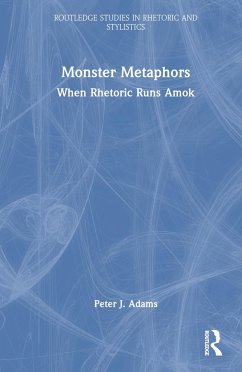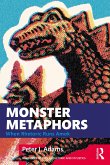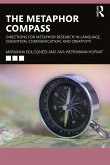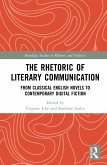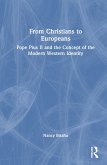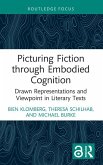This book explores ways in which common metaphors can play a detrimental role in everyday life; how they can grow in outsized importance to dominate their respective terrains and push out alternative perspectives; and how forms of resistance might act to contain their dominance.
Hinweis: Dieser Artikel kann nur an eine deutsche Lieferadresse ausgeliefert werden.
Hinweis: Dieser Artikel kann nur an eine deutsche Lieferadresse ausgeliefert werden.
"Among the many strengths of the book are: the major social implications of the case studies; the breadth of the author's knowledge of the fields he explores; the vivid stories he tells about the origins of each monster metaphor; the references to his personal experience...the occasional humour; and the vividly engaging style with which it is written." - Michael Hanne, Language in Society
"Overall, the book is a knowledgeable, exciting, irritating, and also a political book. It is definitely worth reading." - Jo Reichertz, Institute for Advanced Study in the Humanities (KWI) Essen, Forum: Qualitative Social Research
"[This book] is a compelling examination of the formidable power of metaphors in our lives. It is an urgent call for vigilance, reflection, and active resistance against the behemoth metaphors that threaten to overshadow alternative, often more nuanced, perspectives." - Zilong Zhong, Beijing Foreign Studies University, Rhetoric Review
"Overall, the book is a knowledgeable, exciting, irritating, and also a political book. It is definitely worth reading." - Jo Reichertz, Institute for Advanced Study in the Humanities (KWI) Essen, Forum: Qualitative Social Research
"[This book] is a compelling examination of the formidable power of metaphors in our lives. It is an urgent call for vigilance, reflection, and active resistance against the behemoth metaphors that threaten to overshadow alternative, often more nuanced, perspectives." - Zilong Zhong, Beijing Foreign Studies University, Rhetoric Review

